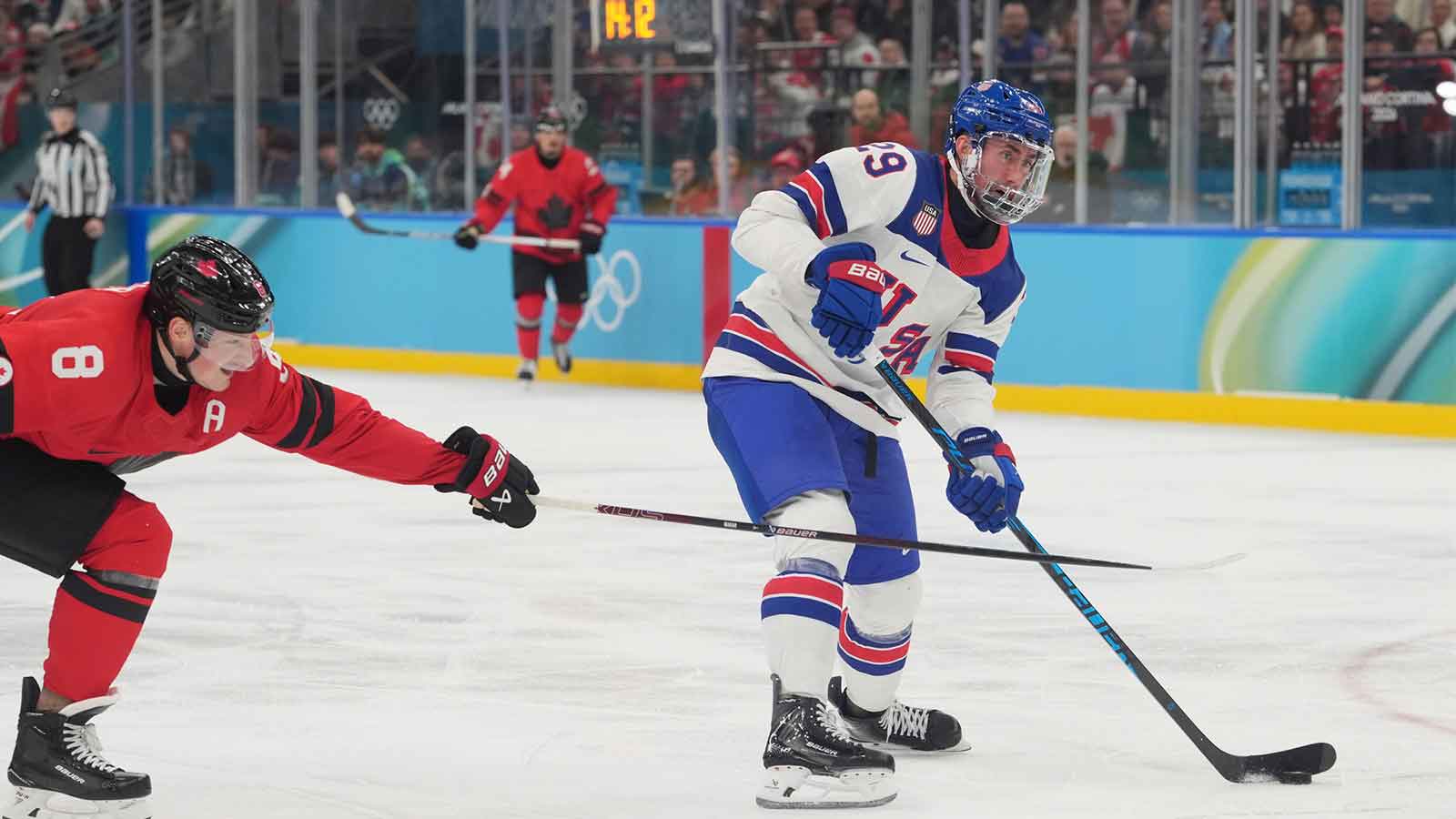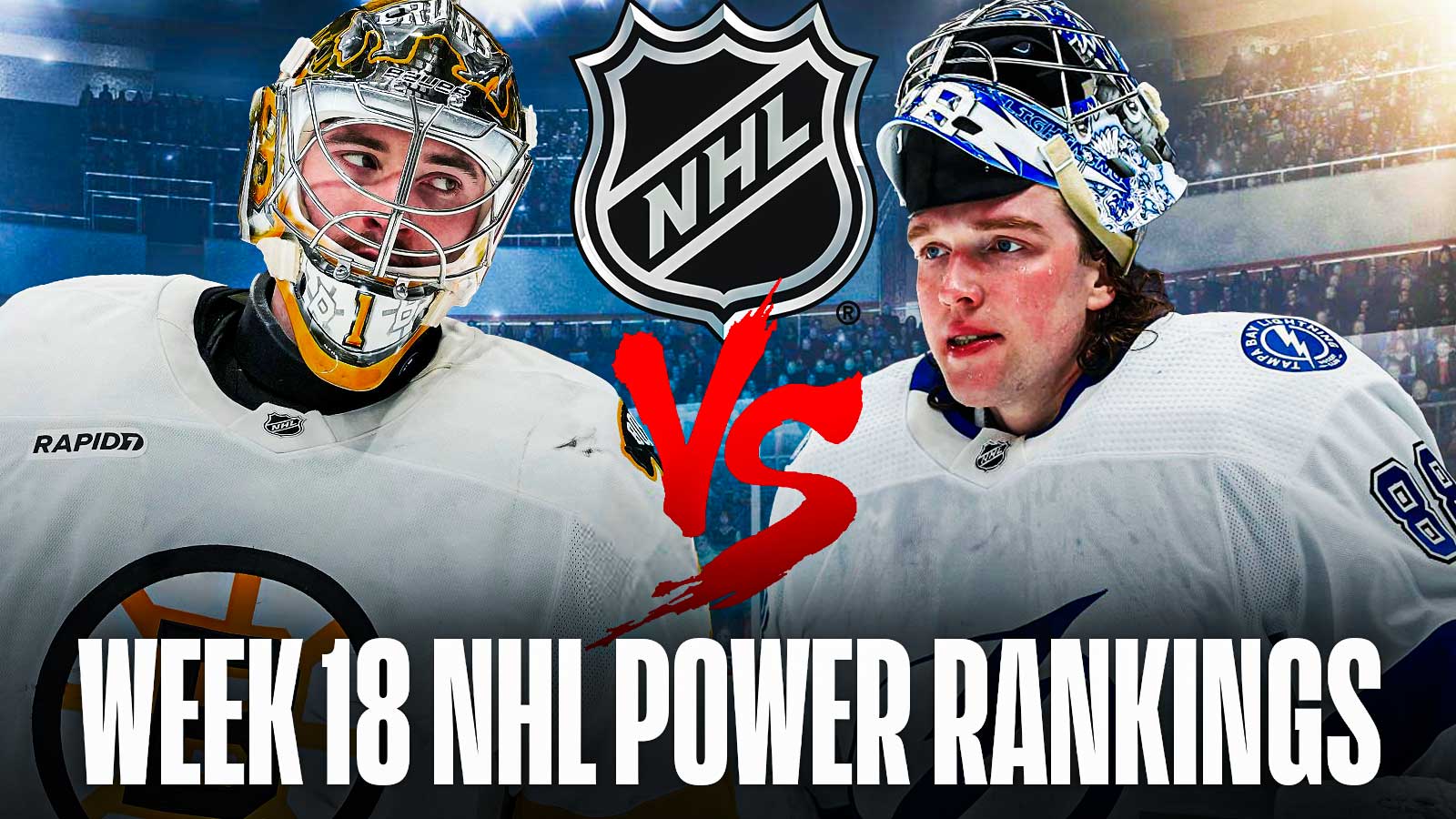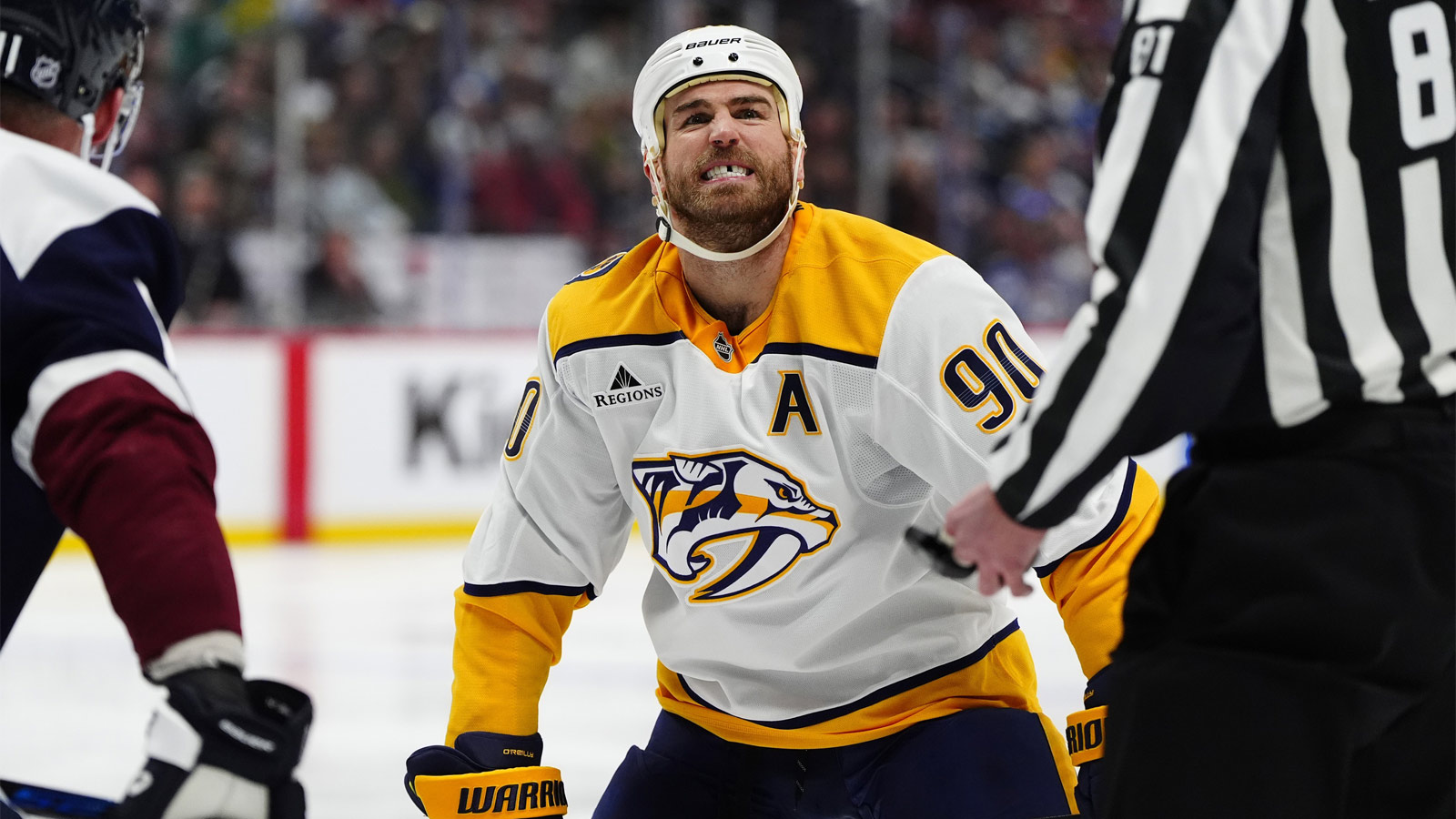The Colorado Avalanche had an eventful regular season. They made a bevy of in-season trades, from re-forming their goalie room on the fly to parting ways with a franchise legend in Mikko Rantanen, general manager Chris MacFarland was busy. One of those moves was trading for Brock Nelson from the New York Islanders at the trade deadline. With their season over, the Avalanche and Nelson agreed on a new contract. How did both sides fare on the three-year, $22.5 million deal?
The Avalanche traded away Rantanen because of failing contract negotiations. When they dealt him to the Hurricanes, they could not reach an agreement either. However, it ultimately backfired for the Avs, as he ended up signing a long-term deal in Dallas. But that opened up cap space for Colorado to spend on the rest of their roster. In that sense, the deal is fine for them. They still have money that was set aside for Rantanen to spend after extending Nelson. But was Nelson the right asset to lock in long-term?
The Avalanche traded a 2026 first-round pick and top prospect Calum Ritchie to the Islanders for Nelson. That added some pressure to keep him around, and Colorado wasted no time in doing so. They did not wait until Nelson could test the market and signed him to the deal that the Islanders reportedly offered him before the trade. The saving grace of this contract from the Colorado side is that it is only three years long. But the money is very high considering Nelson's production.
Nelson's point total has declined in each of the past three seasons, and he was dreadful during their playoff series. The need for centers is high across the league, so not letting him get to free agency was smart. But this cap hit is too high for a perfect grade.
Avalanche grade: B-
Why did Brock Nelson stay with the Avalanche?

Nelson turned down this exact contract from the Islanders. New York drafted him, he is top-ten in team history in goals, points, and games played. Even though they are going through a transition period, there is an attraction to playing a whole career with one team. Nelson decided to pass up on the $22.5 million in March and take his chances in the trade market. He landed with the Avalanche, which should be a great fit.
The Avalanche will not ask Nelson to play first-line center, barring an injury to Nathan MacKinnon. Nelson was the best center on the Islanders before he was traded, so maybe there is some attraction in that. But teams are known to overpay in free agency, and Nelson could have cashed in. Those teams may not be close to winning a Stanley Cup, however.
Even though the Avalanche lost in the first round of the playoffs this year, they will be on the short list of Cup contenders next year. They have elite talent, Mackenzie Blackwood has playoff experience now, and there should be much less upheaval. That was enough to keep Nelson around. Is $8 million a year from a team like the Buffalo Sabres or San Jose Sharks worth it if you know you aren't going to smell the Cup? That answer is different for everyone, but Nelson made his answer clear by not testing free agency.
The only hang-up with this contract is the future spending of the Avalanche. Martin Necas is eligible for an extension this summer and should be locked up long-term. Cale Makar has two years left on his deal and could smash AAV records when he signs. If Nelson's deal prevents either of those players from being signed, it's a disaster for both sides. But for now, they both get passing grades on the contract.
Brock Nelson grade: B




















